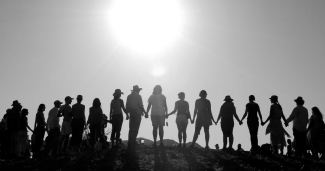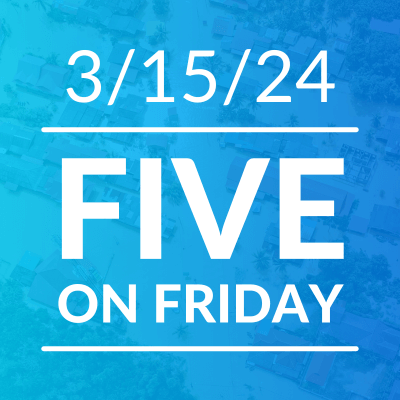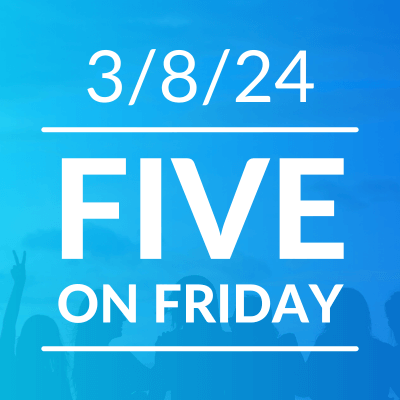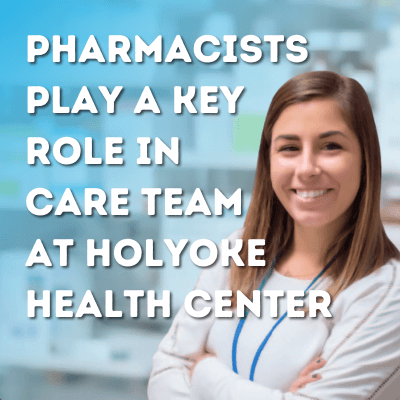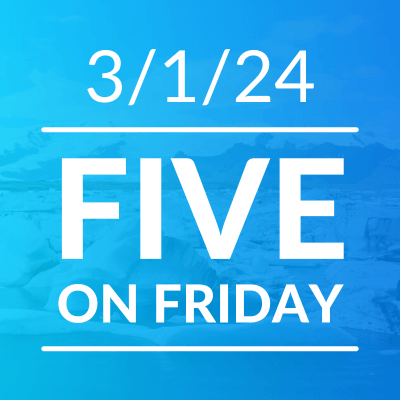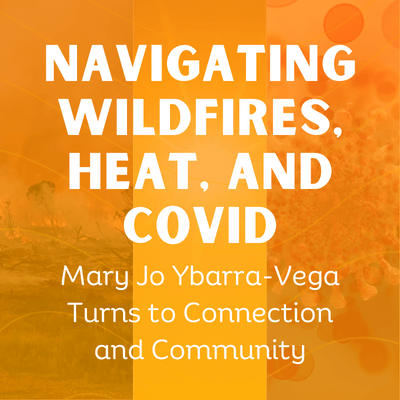Helping the Helpers: Tools for Trauma and Self-Care in the Wake of the Camp Fire
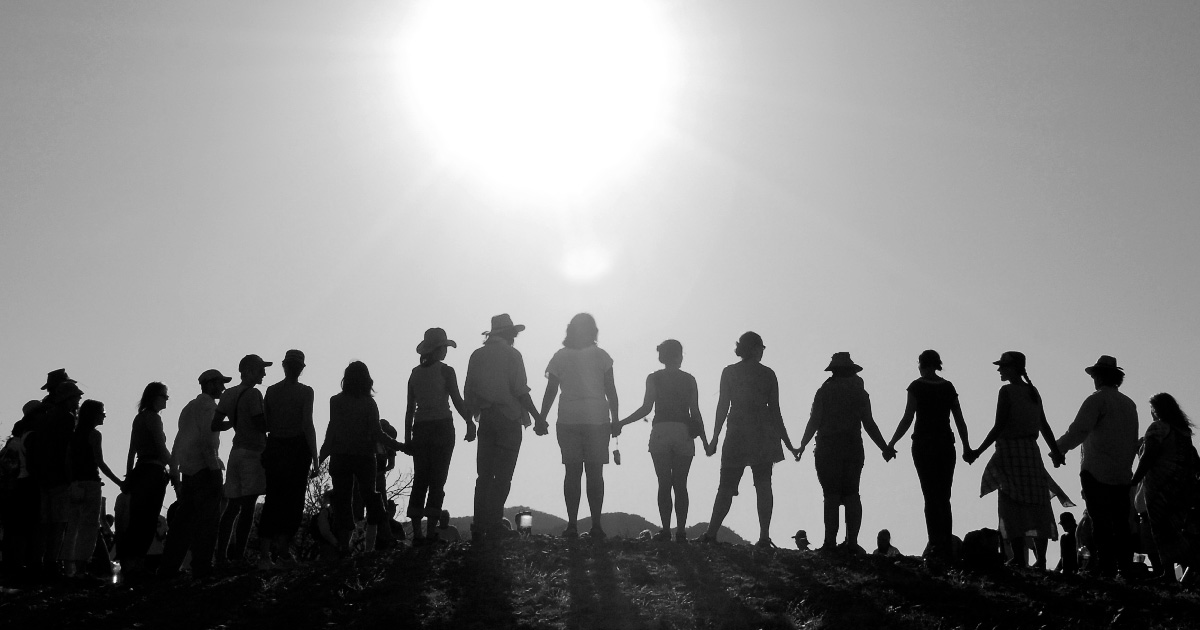
[Photo by Karl Hoffmann]
[Editor’s Note: MCN’s California office was established in Chico in 2000 and serves as the hub of education and communication for the organization. In June of this year, MCN brought Jessica Candela, MPA, in to focus on California development and outreach projects. One element of her work is in emergency response after the Camp Fire, which burned just a few miles from MCN’s office and brought tens of thousands of people fleeing from neighboring Butte Creek Canyon, Concow, Magalia, and Paradise to Chico. This blog highlights our outreach work in Camp Fire recovery efforts.
Tips for Community Engagement
1. Plan ahead. Whether it’s a program or training, enough time to prepare is crucial. For a time reference, our team had about three and a half months to develop, promote, and execute the webinar and Witness to Witness program materials.
2. Get feedback. Insights from community experts on what kind of language to use; what the day, time, content, and format of the webinar should be; and how best to do outreach were vital in making our materials as useful and relevant as possible.
3. Spend time on outreach. We went to a handful of key meetings to announce the webinar and provided multiple ways to register (via email, QR code, bit.ly, and in-person). We found that people were more likely to sign up when we took the time to engage them face-to-face.
4. Work collaboratively as much as possible. The co-sponsorship of our webinar by two well-known community partners helped us to establish relationships and increase our reach.
5. Create multi-use activities. The webinar served three purposes for our collaborative team: 1. Providing tools and resources for almost 100 providers to continue their work in disaster recovery; 2. Creating a space for providers to hear more about the Witness to Witness program; and 3. Allowing the three co-sponsors of the webinar to collect and analyze data from the post-webinar evaluation to inform next steps in the recovery process.
“As a Camp Fire survivor and also [as] a worker helping Camp Fire survivors, what pitfalls do you think are pertinent? In contrast, what ways can [we] maximize [our] effectiveness in the field?”
This question, asked by a participant during our recent MCN webinar, “Witnessing & the Camp Fire: Understanding the Effects of Overexposure to Stories of Trauma and What to Do About It,” highlights the dual roles people are occupying in the aftermath of the Camp Fire, the deadliest and most destructive wildfire in California history. One role is as a disaster survivor or community member. They or people they know -- colleagues, friends, family, or neighbors -- lost homes and workplaces during the disaster. The second role is as a provider or practitioner, like a disaster case manager, educator, faith-based leader, therapist, or social worker -- someone who is providing support or services to Camp Fire survivors. This is a unique juxtaposition, where the personal and the professional overlap.
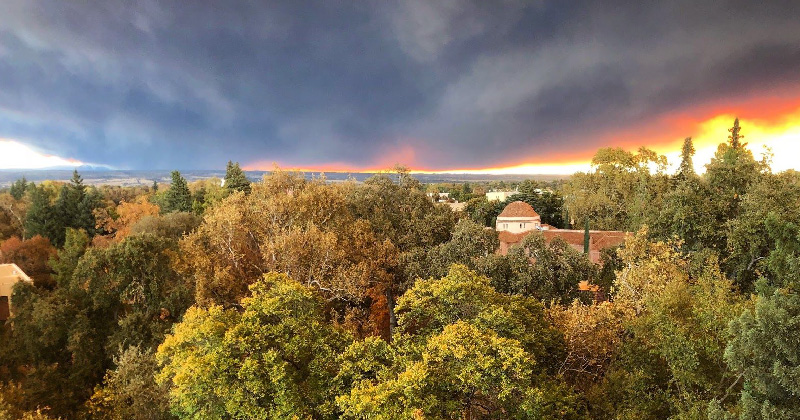
[Smoke from the Camp Fire dominates the skyline of Butte County. Photo taken just steps from my office at the time at California State University, Chico the morning of November 8, 2018.]
Webinar faculty, Kaethe Weingarten, PhD, focused on this overlap in her presentation, speaking to how individuals, families, and communities may experience trauma in the aftermath of a disaster, as well as how being witness to trauma affects providers’ behavioral health. One webinar participant noted, "I am a survivor and [a] counselor in training. I was able to integrate the information on both levels.”
Dr. Weingarten also emphasized the importance of community healing during the Camp Fire recovery process, and provided resources on trauma and tools for self-care. A crisis outreach worker from Oroville, another town inundated with Camp Fire refugees, reflected, “Self-care is important, and by having this kind of training reaffirming self-care makes one not feel guilty for wanting self-care.”
This webinar was developed for and by the community, from its conception to its evaluation. In August of this year, we had conversations with local community members who alerted us that caregivers, clinicians, and providers were feeling the wear and tear from working in disaster recovery for the better part of a year and needed some additional tools and resources. Drawing on our national network of clinicians, MCN partnered with Dr. Weingarten, a community psychologist and expert on trauma, to offer a free webinar. We then collaborated with the Camp Fire Long Term Recovery Group (CFLTRG), the officially recognized community hub for recovery resources, and St. John’s Episcopal Church to develop, promote, and evaluate the webinar. We worked with the CFLTRG’s Spiritual and Emotional Wellness Committee to gauge interest; decide the best date, time, and format; review material; and develop a locally relevant evaluation tool.
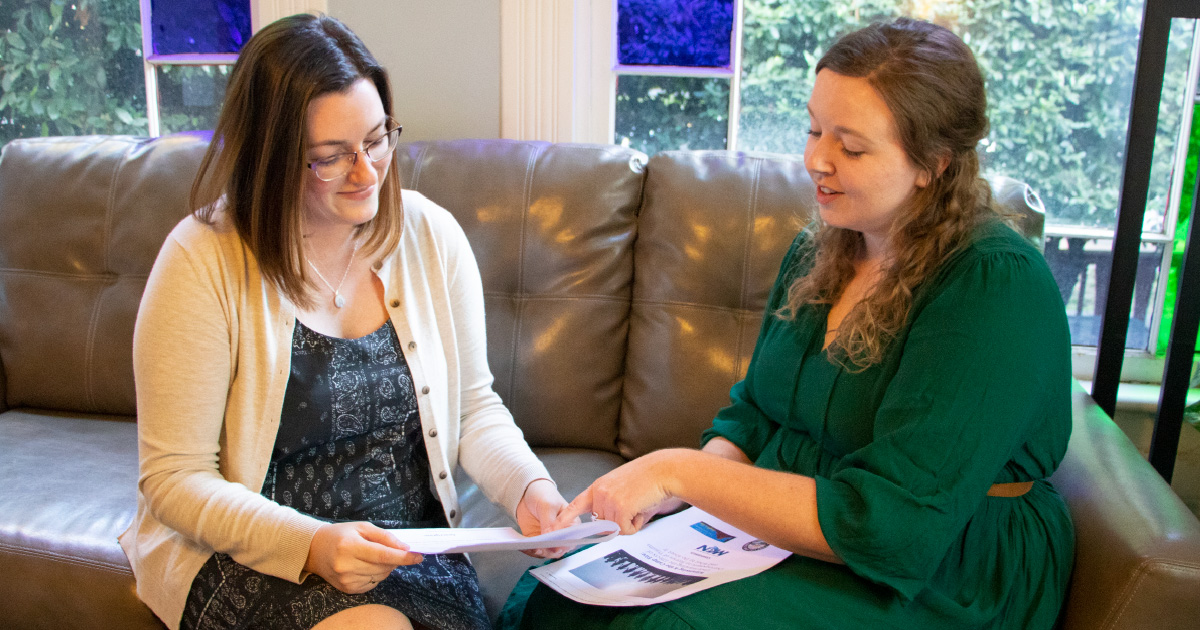
[MCN's Jessica Candela (L) works with Molly Jolliff (R) of the Camp Fire Long Term Recovery Group’s Spiritual and Emotional Wellness Committee on a webinar for those who provide support or services to Camp Fire survivors.]
With the support of our partners, we helped address a community-identified need. The vast majority of webinar registrants were from Butte County, an underserved and primarily agricultural community, located 90 miles north of Sacramento, where the Camp Fire burned over 150,000 acres and caused 85 fatalities. Of the 145 registrants, 90 people attended the live webinar, 50 virtually and 40 in person at St. John’s Episcopal Church. One webinar participant, a health and wellness provider from Chico stated they intend to use the information in “daily work, also in daily life. [In] all relations within the community, household, or within the self. The information provided is vital!”
So, what’s next for our emergency management work in California? We’ve partnered with the American Family Therapy Academy’s Witness to Witness program, run by Dr. Weingarten, to provide a free service for those working in Camp Fire recovery efforts. In one to four in-depth conversations via phone or video chat, a licensed clinical specialist listens to a provider’s experience. The two work together to develop a personal toolkit for managing acute stress or what the provider witnesses daily on the job. The response so far? We’ve matched six providers with licensed clinical specialists and a local nonprofit’s executive director expressed interest in offering Witness to Witness to her staff as part of a workplace wellness program.
We at MCN are grateful to work internationally, nationally, and locally to engage the communities where we live and work as well as communities around the globe. To learn more about our work in California please contact Jessica Candela, MPA, at jcandela@migrantclinician.org or 512-579-4531.
For staff and volunteers working in disaster response and recovery:
- Witnessing and the Camp Fire: Understanding the Effects of Overexposure to Stories of Trauma and What to Do About It, a MCN webinar
- “‘Building the Plane Mid-Air’: A Local Perspective, A Year After the Camp Fire,” a MCN blog written by Molly Jolliff
- “The Camp Fire’s Forgotten Communities,” by Sean Murphy
- “The Long Process of Healing and Recovery,” by Judith L. Thompson, MFT
- “Common Responses to Trauma - and Coping Strategies,” by Dr. Patti Levin
- “Vicarious Resilience,” by Dr. Pilar Hernandez-Wolfe
For administrators, managers, and supervisors:
- Witnessing: How Administrators and Supervisors Can Strengthen Peer Support in the Workplace, a MCN webinar
- “Ideas for Team Meetings to Help with Workplace Stress,” by Dr. Kaethe Weingarten
- “Questions to Make Visible People’s Reasons for Doing the Work They Do,” by Dr. Kaethe Weingarten
The Witness to Witness Program is a free service sponsored by the American Family Therapy Academy and supported by Migrant Clinicians Network for people in high-stress jobs like clinicians, attorneys, or community service providers who are overexposed to stories of trauma, including in the aftermath of disasters. In one to four in-depth conversations via phone or video chat, a licensed clinical specialist listens to your experience and helps you develop a personal toolkit for managing acute stress or what you witness daily on the job. Learn more and sign up here.
Like what you see? Amplify our collective voice with a contribution.
Got some good news to share? Contact us on our social media pages above.
Return to the main blog page or sign up for blog updates here.
- Log in to post comments
